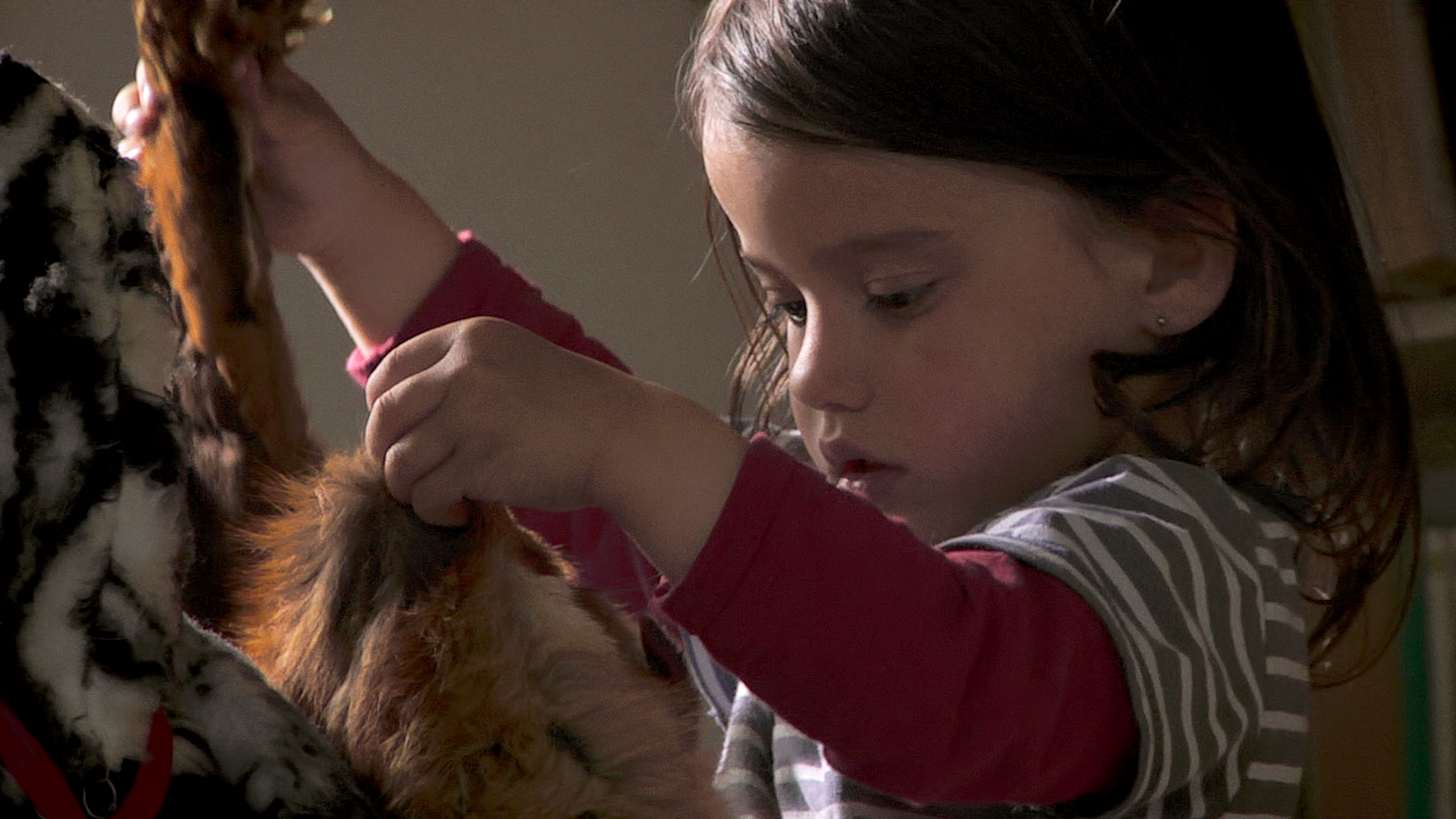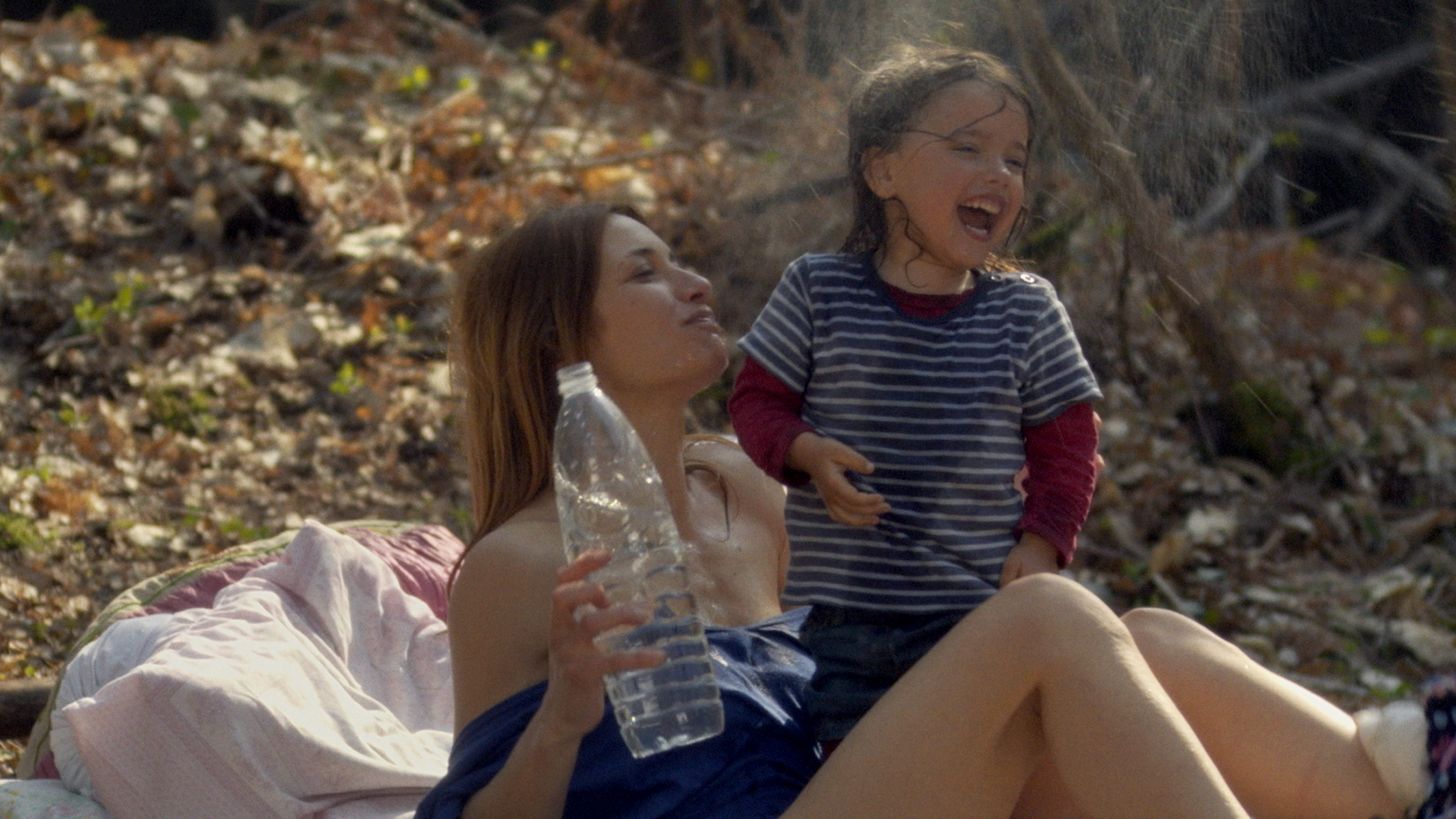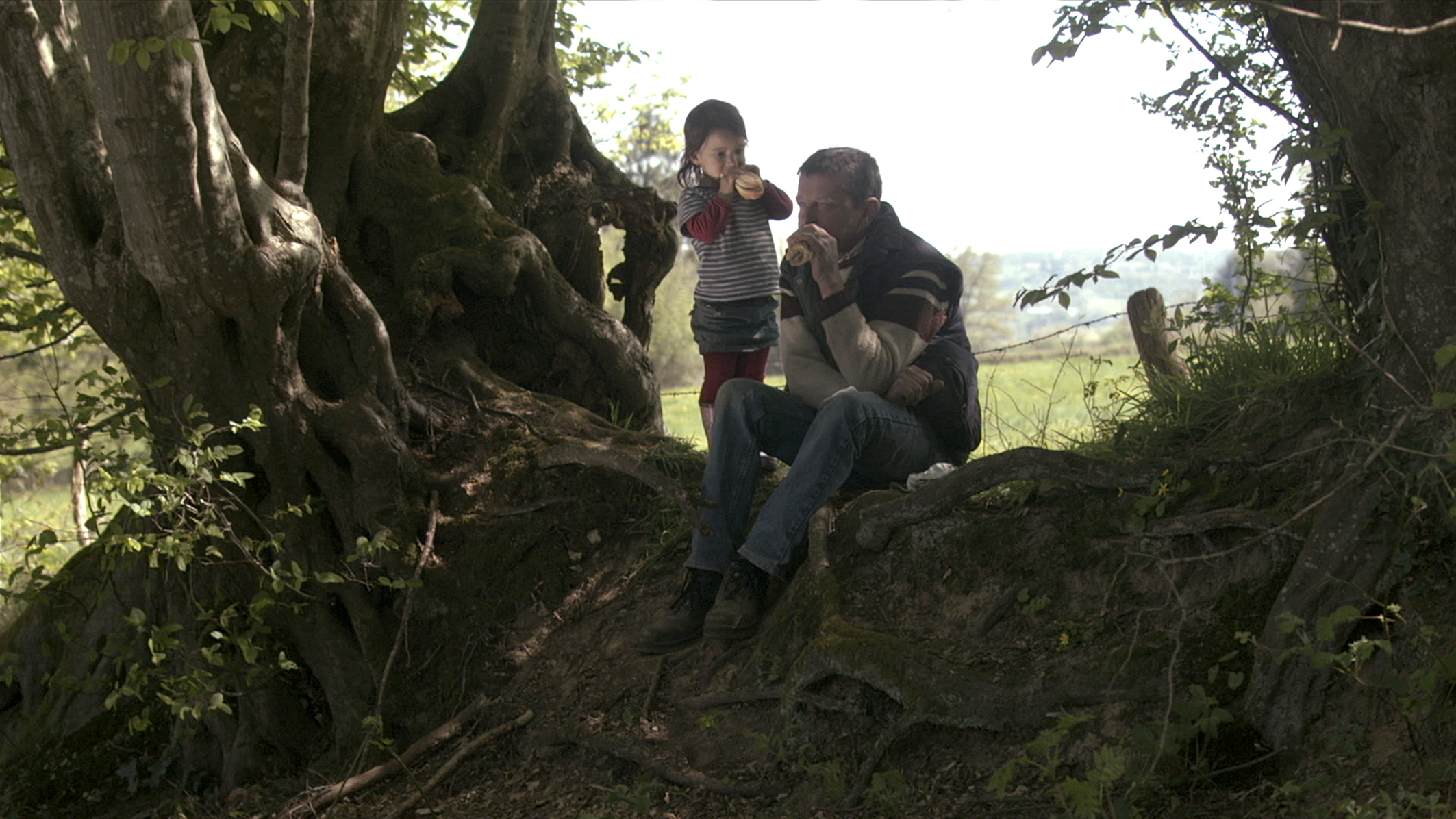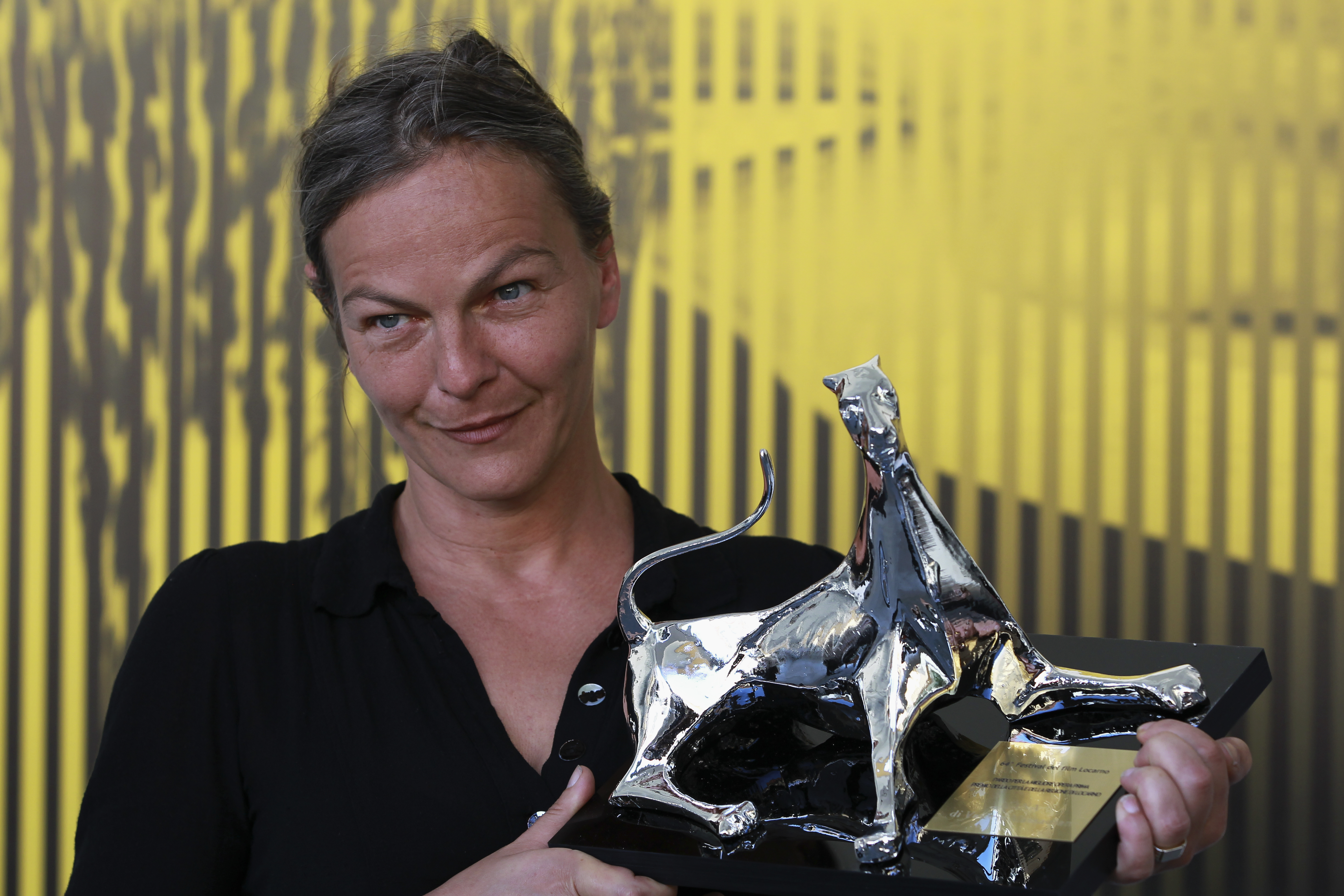
Nana (2011)
Valérie Massadian’s Nana was released on April 11 in France, following its discovery in the Cinéastes du présent section of the Festival del film Locarno 2011, where it screened as a world première, and won the Best First Film Award (Opera prima), the first of many subsequent prizes at numerous international festivals.

Nana (2011)
It was one of the finest revelations among a richly rewarding Locarno selection, and we were delighted with the warm welcome it subsequently received the world over, from both critics and public alike. Valérie Massadian has worked with Nan Goldin. It was through photography that she first made her name, notably in the form of slide projections (The Link, Mary Go Round, Journal de Bord), exhibited in Tokyo, London and Porto. For her first film, she chose an approach to cinema that was both magical and concrete, filming the life, and above all the gaze, of a child, living on the fringes of society, but at the heart of the universe: a gamble that paid off handsomely – Nana just feels so exactly right.

Nana (2011)
Nana is four years old and lives in a stone house beyond the forest. One late afternoon, coming back from school, she finds the house deserted. The world seen from her perspective. Nana – the film – is not a documentary. Nana – the little girl – is a film character, played by the young Kelyna Lecomte. Although Valérie Massadian took inspiration from the life of the young actress and an often harsh rural reality, she never forgets that cinema is above all about transfiguration, the creation of a dream world that is rooted in life. Her film is a “poeticisation of reality” something infrequent, indeed quite absent, from French cinema but which we have already seen and admired in Asian, Portuguese and Argentine cinema. Made on a pretty low budget, but with a filmmaker’s eye that delivers shots of stunning beauty, Nana is the precious proof that money cannot buy talent, and that financial freedom is not necessarily inimical to artistic and moral rigour, or to the aesthetics of formal composition. Paying particular attention to the smallest details, and with the intelligence needed to film from a child’s point of view, Valérie Massadian succeeds in making a film that is often overwhelming in its subject matter – danger, abandonment, deprivation – always magnificent in the sense of grace that impels it. And that it delivers.

Valérie Massadian, Pardo per la migliore opera prima, at Festival del film Locarno 2011


Laisser un commentaire